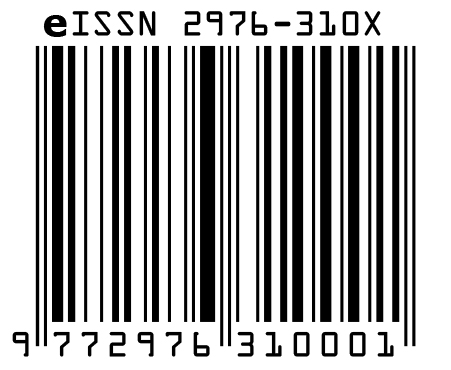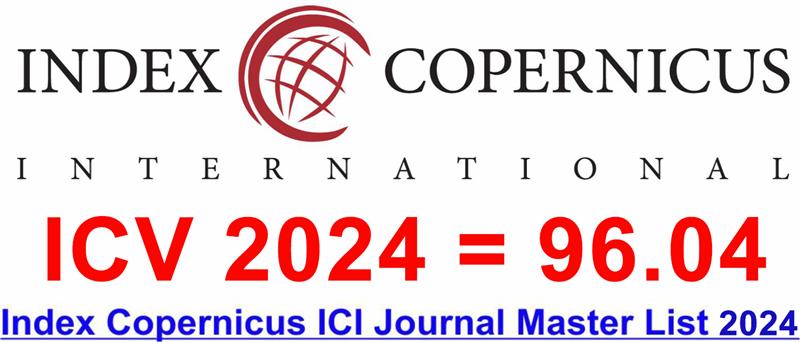The Effect of Parental involvement of working and non-working parents on education above the standard in CBSE schools in Dubai.
DOI:
https://doi.org/10.60072/ijeissah.2024.v2i03.014Abstract
This research goal was to find out how parental involvement and academic achievement relate to elementary school students (grades 1 – 5) enrolled in CBSE (Central Board of Secondary Education) institutions. The basic education curriculum at CBSE schools, which is known for its demanding academic standards and emphasis on holistic development, necessitates parental engagement. This research primarily looks at the impact of working parents and non-working parents on academic results, considered the daily amount of time that these parents spend with their kids studying. Since kids spend so much time with their families outside of school, family relationships are expected to significantly affect their academic performance. Therefore, the research goal was to examine the connection between a child's academic achievement and their parents' involvement in their schooling. To determine the level of parental support and its impact on academic success, 140 primary school parents, including single parents who stay at home and those who work, filled out a Microsoft Forms questionnaire. Hence, a quantitative research approach was used in the study.
Keywords:
Parental involvement, working parents, non-working parents, academic supportReferences
Amponsah, A., Milledzi, G. N., Twum Ampofo, K., & Gyambrah, M. A. (2018). Parental involvement in the academic performance of children in Ghana. Journal of Education and Practice, 9(22), 34-39.
Boonk, L., Gijselaers, H. J., Ritzen, H., & Brand-Gruwel, S. (2018). A review of the relationship between parental involvement indicators and academic achievement. Educational Research Review, 24, 10-30.
Kim, E. M., & Sheridan, S. M. (2018). Parental involvement and children's academic achievement: A meta-analysis. Educational Psychology Review, 30(2), 499-518.
Schueler, B. E., Capotosto, L., Bahena, S., & Linares, L. (2017). Parental involvement in homework: Relations with parent and student achievement‐related motivational beliefs and achievement. School Psychology Quarterly, 32(4), 474-489.
Thomas, L. (2020). Cross-sectional study design: Definition, examples, and advantages. Retrieved from https://www.scribbr.com/research-methodology/cross-sectional-study/.
Almarashdeh, I. A., & Al-Qudah, M. F. (2019). The impact of parental involvement on academic achievement among primary school students in Jordan. International Journal of Instruction, 12(2), 375-390.
Al-Saadi, S. A. (2019). The impact of parental involvement on academic achievement of students in primary schools in Oman. International Journal of Instruction, 12(2), 277-290.
Chaudhry, N., & Majoka, M. I. (2019). Relationship between parental involvement and academic achievement of primary school children. Journal of Education and Educational Development, 6(1), 1-15.
Gohar, F., & Malik, S. (2018). The role of parental involvement in academic achievement of primary school students. Journal of Education and Educational Development, 5(2), 189-203.
Memon, S. (2018). Parental involvement and academic achievement: A study of primary school students in Karachi, Pakistan. Journal of Education and Educational Development, 5(1), 1-16.
Tariq, M. A., & Abbasi, N. (2017). The impact of parental involvement on academic achievement of primary school students in Pakistan. Journal of Education and Practice, 8(19), 54-61.
"Parental Support and Work-Life Balance: A Comparison of Working and Non-Working Parents" by Lisa M. Leslie and Colleen Flaherty Manchester, published in Journal of Family and Economic Issues.
























